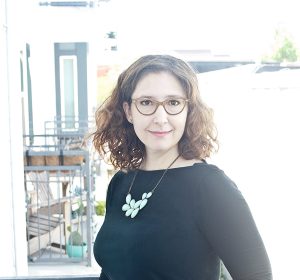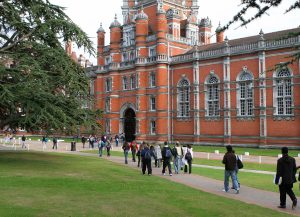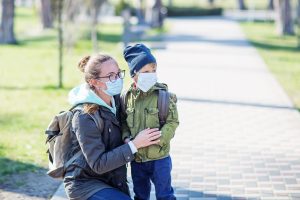
Dualities in the Gifted
The author reflects on the duality in gifted individuals: strong cognitive abilities paired with emotional sensitivity. Masking vulnerability with intellect can lead to anxiety, isolation, and conflict between authentic self and social expectations. Understanding and supporting both cognitive and non-cognitive needs fosters empathy and healthy development.






